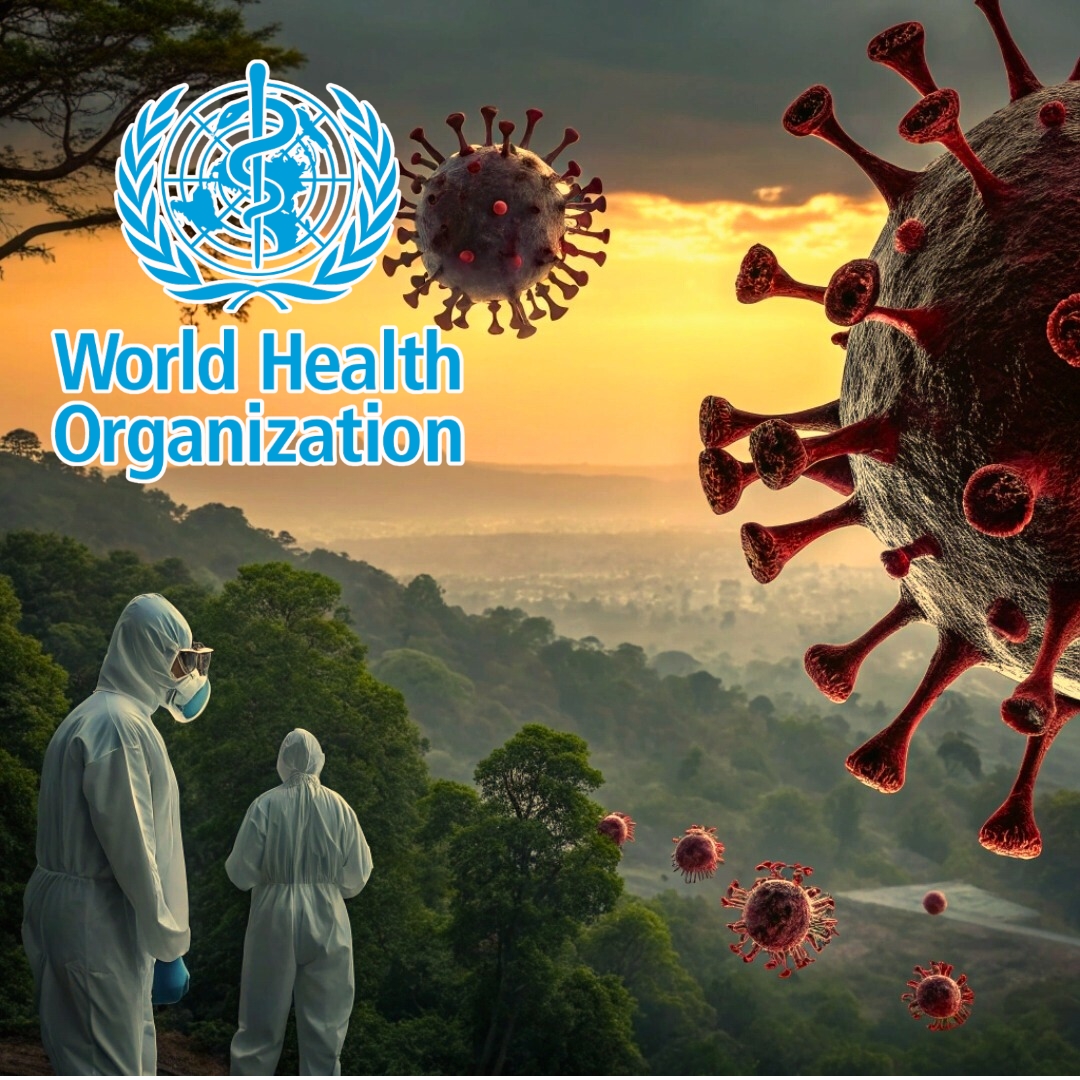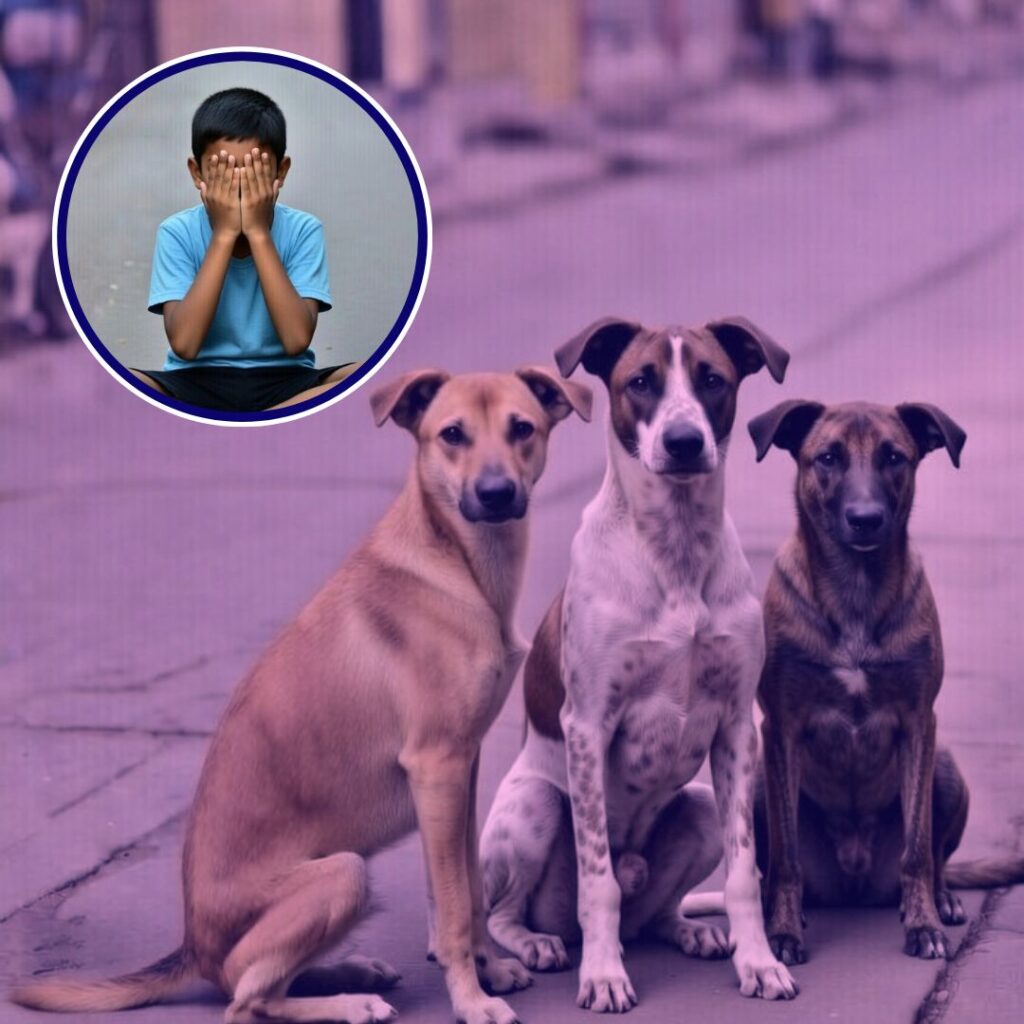A suspected Marburg virus outbreak in Tanzania’s Kagera region has claimed eight lives, with nine total cases identified. The World Health Organization (WHO) is urgently tracking the situation, with healthcare workers among those infected, signaling potential widespread transmission risks.
Viral Outbreak Sparks Immediate Public Health Response
The WHO has reported that the outbreak is concentrated in Biharamulo and Muleba districts, with patients presenting severe hemorrhagic symptoms. Laboratory tests are currently underway to confirm the virus strain.
According to WHO officials, comprehensive contact tracing protocols are being implemented, identifying and monitoring 161 potential contacts, including 25 healthcare professionals directly exposed to infected patients. The virus, known for its extreme virulence, causes severe fever, muscle pain, and potentially fatal hemorrhagic complications.
Historical and Geographical Context of Marburg Transmission
Epidemiological records indicate that Tanzania has previously experienced Marburg outbreaks, with the most recent incident in March 2023 in the same Kagera region. The area’s complex geographical landscape, characterized by dense forests and significant cross-border population movements, creates challenging transmission dynamics. Experts note that Marburg virus, similar to Ebola, originates from fruit bats and can spread through direct human-to-human contact, making early detection and isolation crucial for containment.
Public Health Implications and Community Awareness
Health authorities emphasize the critical importance of community education and rapid response mechanisms. The outbreak underscores the need for transparent communication and scientific collaboration in managing potential viral threats. The situation calls for heightened vigilance, with health professionals urging local communities to report any suspicious symptoms and maintain strict hygiene protocols.
The Logical Indian Perspective
While global health challenges continue to emerge, this outbreak presents an opportunity for collective human resilience and solidarity. The situation demands not just medical intervention, but a compassionate, collaborative approach that transcends geographical boundaries. By supporting vulnerable communities, promoting scientific literacy, and fostering a culture of mutual care, we can transform potential health crises into moments of global understanding and shared humanity.
How can we collectively strengthen our global health infrastructure to protect the most vulnerable among us?













